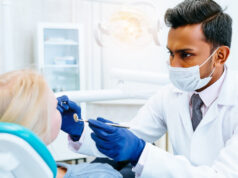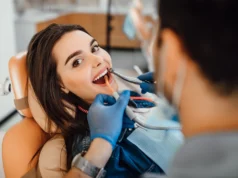
Testosterone is a hormone found naturally within the body and is important for both men and women. In males, it plays a role in sex drive and muscle development, but also enhances their masculine physical features, like growing beard and hairs on the body, and making the body configuration recognizable.
For females, it serves as a balance between other hormones. When the levels are going up, women can suffer from facial hair and other male characteristics.
Testosterone levels decline as men age, and there are many factors that can cause them to fall. On the other hand, in females, testosterone becomes more dominant as they age, and that’s why some old women have more facial hair than younger ones.
What are the factors that cause low testosterone levels in men?
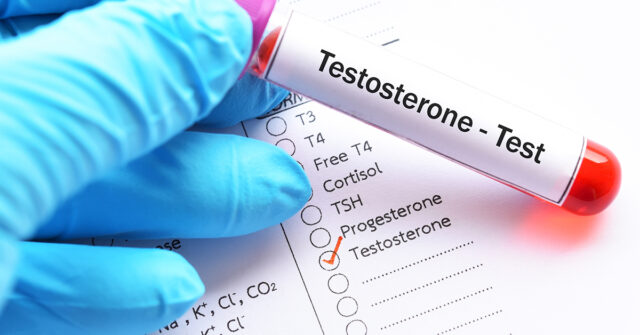
Lifestyle is probably the main factor for testosterone decline. For example, stress, obesity, smoking, alcohol consumption, lack of exercise, poor nutrition, and sleep deprivation all negatively affect testosterone levels.
In some cases, with proper therapy, the effects can be reversed. Usually, men can take T-boosters like centertrt.org, which can make a significant difference (depending on the current situation).
Additionally, low testosterone level is one of the major causes of erectile dysfunction in males. Testosterone is responsible for sexual desire and performance. Surely, proper treatment can help with this aspect too.
What are the signs of low testosterone levels in males?
There are many signs, and they may vary from one case to another. That’s why we will talk in general about this issue:
1. You experience fatigue, decreased energy, and impaired concentration

Hormones are crucial in our body. You may have these symptoms if the levels of any hormone in your body change. However, pay attention if you have all of these symptoms at once.
2. Your mood changes frequently and unpredictably
Hormones can also affect mood. Just look at women – their mood changes on the days of the monthly cycle and they cannot influence it in any way. Well, the same thing happens with men when it comes to hormones.
If you have mood swings and don’t suffer from a specific mental disorder, anxiety, or depression, then pay attention to your testosterone.
3. You lose interest in sex

Testosterone keeps your sex drive at its highest. If you notice that you can’t have sex, even though your partner is sexually attracted to you, you can blame it on your hormones. In this case, it would be testosterone.
4. You become less interested in social activities with friends and family
This phenomenon is directly related to mood. Therefore, if you prefer to sit at home and watch a movie instead of socializing, think about what is happening to you. If it’s not anxiety, maybe it’s hormonal.
5. You experience erectile dysfunction
As you already know, sex drive is directly related to testosterone. But if you have erectile dysfunction, it’s time to see a doctor. With the help of an examination, you will be able to determine whether the cause of the dysfunction is physical or hormonal.
6. You lose hair
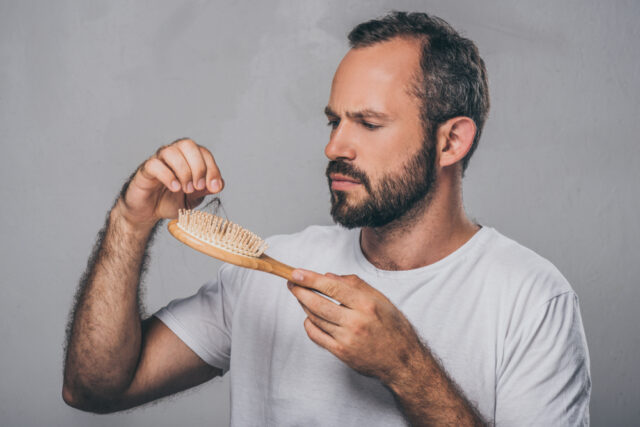
If you notice changes on your scalp, it may be time to check your hormonal status. Often, hair loss is a genetic problem or a consequence of lifestyle. But don’t rule out the possibility that your hair may be thinning because your testosterone levels are dropping. Additionally, it’s worth noting that stress can also lead to hair loss, so managing stress levels is crucial for maintaining healthy hair.
7. You have male relatives who suffer low testosterone
Genetics plays a major role in determining how much testosterone you produce throughout your lifetime. If you have a family history of low testosterone levels, you could inherit genes that make them vulnerable to developing low testosterone. Certain medications, medical conditions, and certain surgeries can reduce testosterone production.
Treatment Options for Low Testosterone
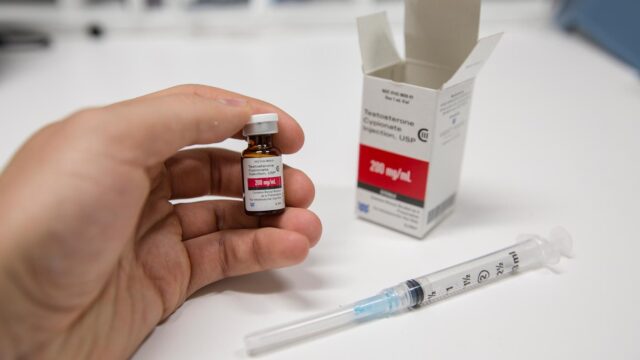
There are several treatment options for low testosterone levels in men.
The first thing your doctor may recommend is a lifestyle change. They may suggest you avoid smoking cigarettes, drinking excessive amounts of alcohol, eating unhealthy foods, and exercising less than 30 minutes per day.
Second, you should try to lose weight because excess body fat causes low testosterone levels. Third, get enough restful sleep each night. Finally, talk to your doctor about medication treatments and explore options such as testosterone tests in the UK to address your specific needs effectively.
The well-known testosterone replacement therapy (TRT) is now widely practiced among men who suffer from low testosterone levels and related problems. TRT restores normal and eliminates symptoms associated with low T. In addition, TRT also boosts libido and improves energy levels.
Treating low testosterone levels requires identifying the problem and then finding a treatment option that works best for the individual patient. There are many options for treating low testosterone levels including prescription medications, natural remedies, supplements, lifestyle modifications, and surgery.
Does the therapy work well for every patient?

For some men, there isn’t much that doctors can do about rising levels of testosterone once it reaches a certain level. This is typically the case when your body produces too little sex hormone because of medical conditions such as diabetes, cancer, thyroid disorders, liver disease, kidney failure, or hormonal changes due to aging.
If a low testosterone level is caused due to illness or medication side effects, doctors prescribe hormone replacement therapy. This therapy helps in normalizing blood test results as well as restoring muscle mass and sexual function. However, this does not guarantee permanent recovery.
We can even say that every patient is different and must be treated according to their current condition. But, if the doctors can’t do much, there are natural ways to stop the process.
In most cases though, what you eat is the key to correcting low testosterone levels – especially foods rich in zinc and iron. Usually, doctors prescribe testosterone supplements rich in these minerals.
Conclusion
Lower testosterone levels can result in numerous health issues including depression, fatigue, weight gain, osteoporosis, sexual dysfunction, and heart disease. Fortunately, there are many different approaches to restoring normal testosterone levels including prescription medications and natural remedies. While everyone experiences low testosterone differently, it is always best to seek advice from your doctor before deciding to treat yourself.
Make sure you do that the first moment you get suspicious. That way, you can ensure proper treatment and successful results.

